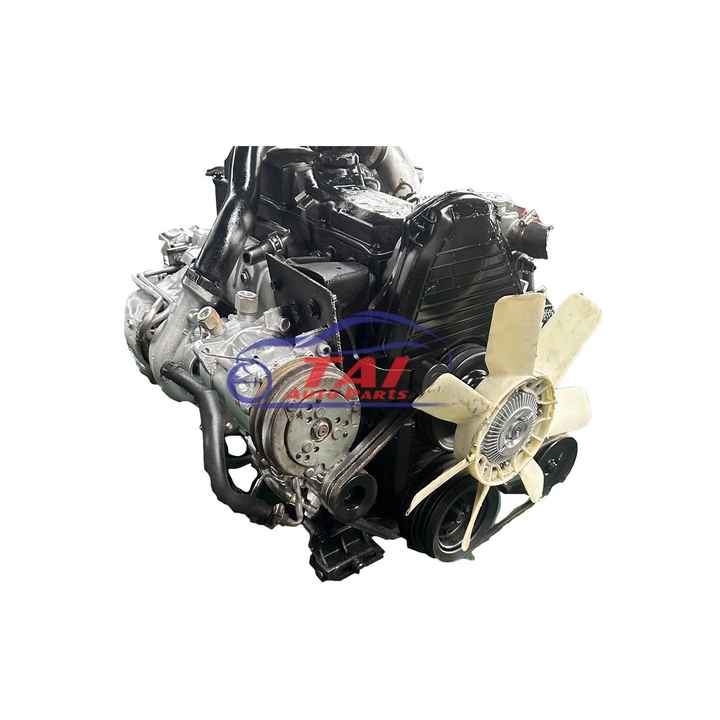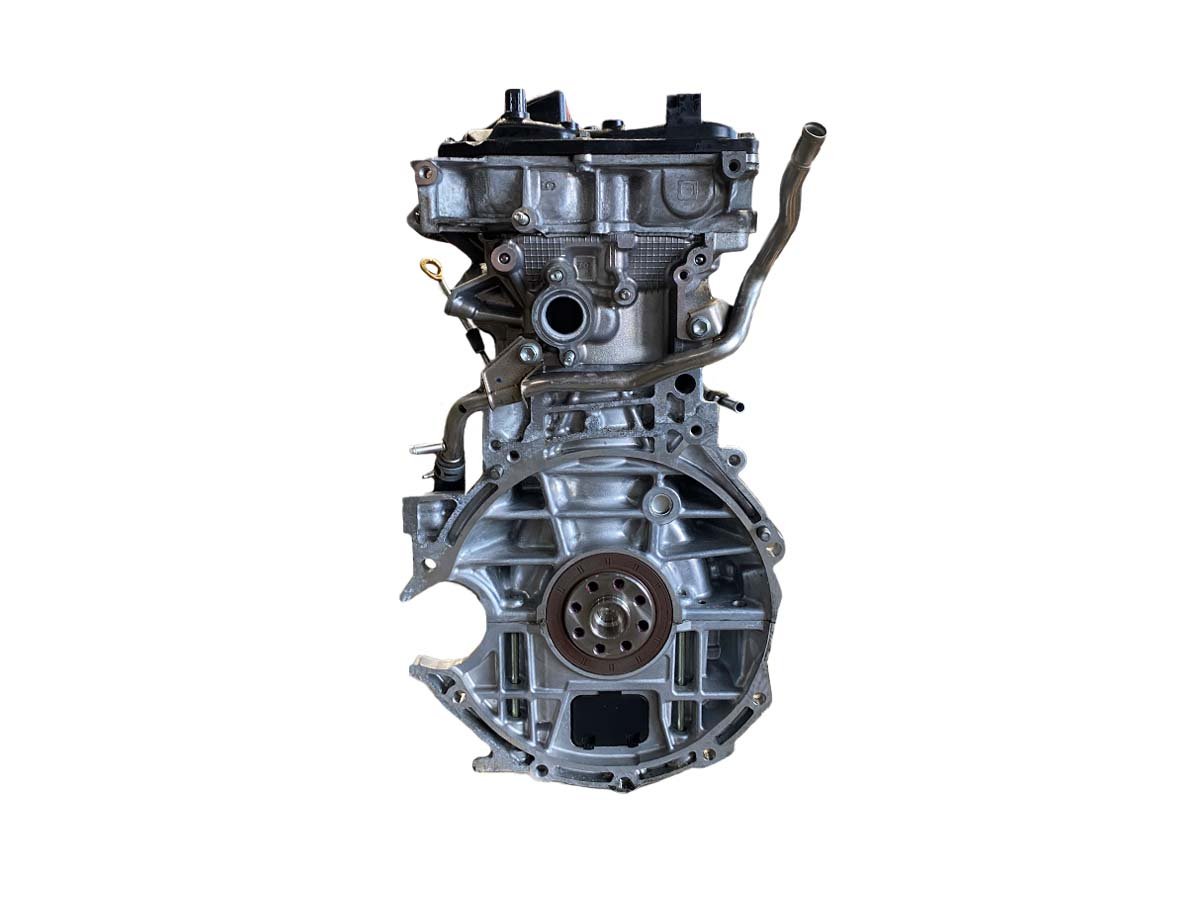Why the Toyota RunX RSI Attracts Attention Among Compact Cars
Why the Toyota RunX RSI Attracts Attention Among Compact Cars
Blog Article
Explore Quality and Worth: Your Guide to Acquiring a Previously Owned Engine
When taking into consideration the purchase of a used engine, understanding the elaborate equilibrium between quality and worth is critical. An extensive analysis of engine reliability, background, and condition is vital to make sure a sound investment. By carrying out correct assessments and research, prospective purchasers can navigate the intricacies of the marketplace better. Nevertheless, the nuances of guarantee choices and pricing methods can dramatically affect the total decision-making process. As you ponder these factors, one inquiry stays: what particular aspects will ultimately direct your selection in this vital investment?
Understanding Engine Kind
When considering the acquisition of a second-hand engine, understanding of the numerous engine types is essential for making a notified decision. Engines can normally be categorized into 2 primary types: interior burning engines and electric engines. Inner combustion engines, that include gas and diesel variants, rely upon the combustion of gas to generate power. Gas engines are typically lighter and rev greater, making them suitable for efficiency vehicles, while diesel motor are renowned for their torque and gas efficiency, commonly preferred in durable applications.
On the other hand, electric engines utilize electricity saved in batteries to power the vehicle, using a cleaner alternative with less moving parts and lowered upkeep demands. Within these categories, there are additionally distinctions, such as four-stroke versus two-stroke interior combustion engines, and various electrical motor configurations.
Comprehending these differences is vital, as they influence performance, compatibility with existing car systems, and long-lasting operational expenses. By acquainting oneself with the various types of engines offered, potential purchasers can better evaluate their needs and choose that line up with their car's requirements and their individual choices.

Assessing Engine Problem
A complete analysis of engine problem is critical for anyone thinking about the purchase of a used engine. Begin with a visual inspection; check for indicators of oil leaks, deterioration, or any physical damages to the engine block. A tidy engine is commonly a sign of excellent maintenance practices, while excessive crud may recommend neglect.
Following, evaluate the engine's elements, including the timing belt, gaskets, and seals. Seek wear and tear, as these components can be expensive to change. In addition, analyze the engine mounts, as damaged places might bring about vibrations and additional mechanical problems.
A compression test is vital to assess interior engine health. Uniform compression across all cylinders indicates a properly maintained engine, whereas significant disparities may point to internal damages or wear.
Paying attention to the engine during a startup can provide beneficial insights; any kind of unusual noises, such as rattling or knocking, might suggest much deeper issues. Ultimately, if possible, request a trial run to evaluate performance under load. By diligently assessing these elements, possible buyers can make enlightened decisions and protect a top quality used engine.
Checking Engine History
Recognizing the engine's background is critical for making a well-informed acquisition. Expertise of previous use, maintenance documents, and any kind of previous damages can dramatically influence the engine's reliability and longevity. Begin by asking for the vehicle identification number (VIN) or engine serial number, which allows you to trace the engine's background.
Use available resources, such as Carfax or AutoCheck, to acquire an automobile history record. This report will certainly provide necessary understandings, consisting of mishap background, solution records, and previous ownership information. Toyota RunX RSI. Pay particular focus to any type of indicators of extreme damages or duplicated repairs, which may suggest underlying issues
Inquire regarding upkeep routines carried out on the engine. Routine oil modifications, timing belt replacements, and other safety nets reflect liable ownership. Additionally, ask if the engine has undertaken any modifications, as non-standard changes can impact efficiency and compatibility with your car.
Last but not least, if feasible, look for verification from a trusted technician who can assess the engine's problem based upon its history (Toyota RunX RSI). This comprehensive investigation will help you ensure and prevent prospective mistakes that your financial investment is sound and rewarding
Guarantee and Return Policies
Investing in a pre-owned engine frequently includes differing guarantee and return policies that can substantially affect your choice. When thinking about an utilized engine, it is important to completely review the warranty alternatives supplied by the seller. Some vendors may use limited guarantees that cover details components for a specified period, while others might provide more thorough protection. Recognizing the terms and conditions connected to these service warranties is important, as they can affect official website the long-term value and dependability of your acquisition.

In addition, credible vendors often supply documentation that describes the guarantee and return process, ensuring openness. Always request this information prior to settling your acquisition. A distinct guarantee and return plan can provide peace of mind and safeguard your financial investment, making it an essential part of the decision-making process when buying a second-hand engine.
Finding the most effective Deals
When seeking the very best bargains on a used engine, it is critical to carry out comprehensive research study and contrast costs from various sellers. Start by discovering on-line marketplaces, automobile forums, and neighborhood salvage backyards to gather a detailed understanding of the marketplace. Using rate comparison tools can simplify this procedure, highlighting affordable rates throughout various platforms.

Think about timing your purchase strategically. Seasonal changes popular can influence rates, with particular times of the year providing much better offers. Additionally, be open to negotiating prices; several vendors may agree to reduce their asking price, specifically if the engine has actually been listed for an extensive period.
Verdict
In summary, acquiring a used engine demands a detailed analysis of high quality and value. Assessing engine condition with inspections and examinations, confirming its background, and understanding guarantee and return policies are important actions. In addition, comparing rates throughout different vendors ensures the very best economic choice. By adhering to these standards, Visit This Link buyers can boost their chances of obtaining a trustworthy engine that meets their needs while preventing potential mistakes connected with used purchases.
When taking into consideration the purchase of a second-hand engine, understanding of the numerous engine kinds is vital for making a notified decision. Engines can generally be categorized right into 2 major types: internal burning engines and electric engines. Fuel engines are commonly lighter and rev greater, making them suitable for efficiency vehicles, while diesel engines are renowned for their torque and gas performance, often favored in heavy-duty click for info applications.
A thorough analysis of engine problem is paramount for anyone considering the acquisition of a second-hand engine. Begin by requesting the lorry identification number (VIN) or engine serial number, which allows you to trace the engine's background.
Report this page